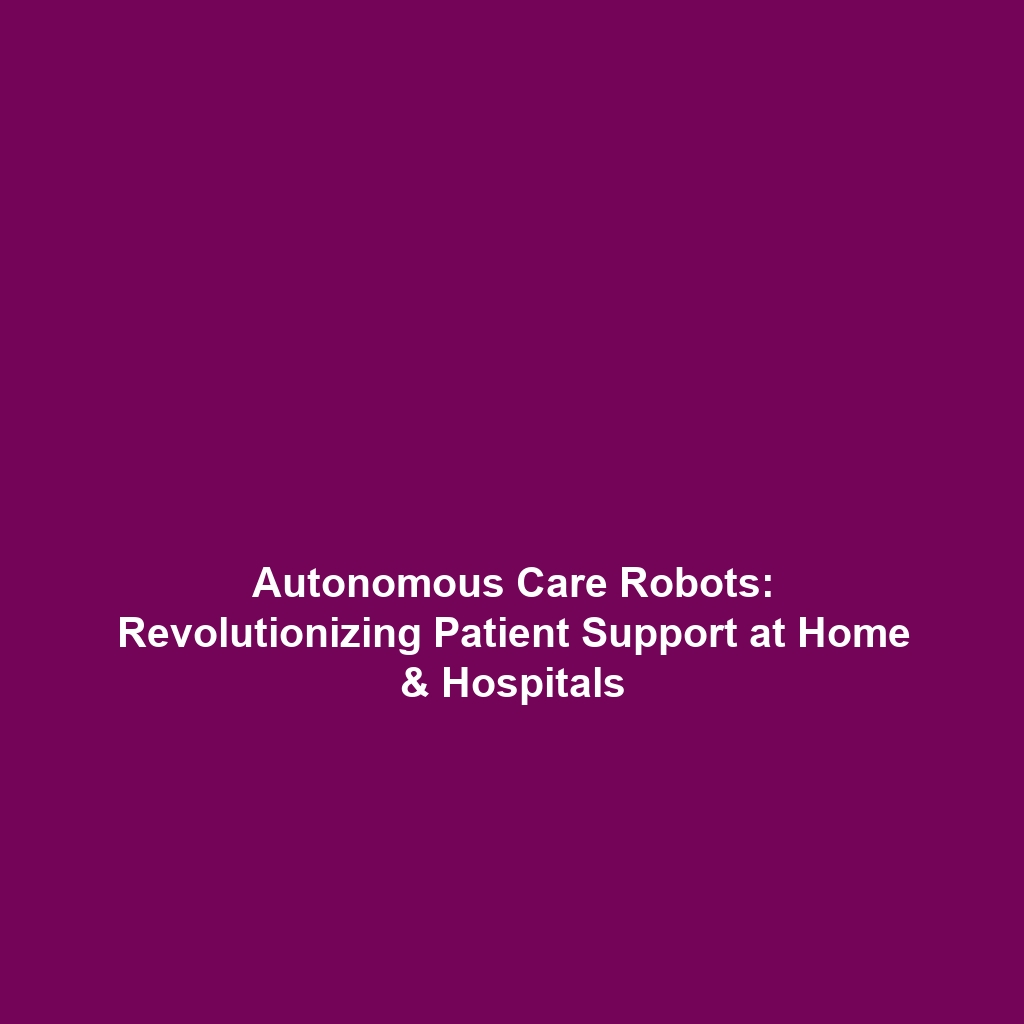AI Technologies Threatening Human Rights: An Ethical Perspective
Introduction
As artificial intelligence (AI) becomes increasingly integrated into daily life, concerns about AI technologies that threaten human rights have grown substantially. Key examples include predictive policing and biased hiring algorithms, both of which not only reflect the underlying societal biases but also pose grave risks to individuals’ rights and freedoms. Understanding the implications of these technologies within the broader context of AI Ethics is crucial for safeguarding against potential abuses, fostering an equitable society, and ensuring that technology serves humanity positively.
Key Concepts
An understanding of key concepts related to AI technologies that threaten human rights is essential in navigating the landscape of AI Ethics. Several major principles are highlighted below:
1. Accountability
Accountability in AI systems pertains to the transparency of algorithms and decision-making processes. Without proper accountability mechanisms, human rights can be compromised.
2. Bias and Fairness
AI systems often learn from historical data that reflects social inequities, leading to biased results in applications like hiring processes. Ensuring fairness is a major challenge.
3. Privacy
The utilization of AI technologies in surveillance, particularly in predictive policing, raises significant concerns surrounding personal privacy, fundamentally impacting human rights.
Applications and Real-World Uses
AI technologies have found numerous applications in various fields, often intersecting with ethical concerns:
- Predictive Policing: Law enforcement agencies utilize predictive algorithms to forecast criminal activity, which can unjustly target specific communities based on biased data.
- Biased Hiring Algorithms: Companies increasingly rely on AI to screen applicants, but when algorithms reflect societal biases, they perpetuate discrimination, undermining equal opportunity.
Current Challenges
Despite advancements in AI, there are several challenges of AI technologies that threaten human rights:
- Lack of Transparency: Many algorithms operate as “black boxes,” making it difficult to determine how decisions are made.
- Data Quality: Flawed data can lead to inaccurate predictions, which exacerbate issues of bias and discrimination.
- Regulatory Gaps: Current laws often lag behind technology, failing to address the ethical implications of AI.
Future Research and Innovations
The future holds promise for addressing the issues raised by AI technologies that threaten human rights. Areas of interest include:
- Explainable AI (XAI): Research focused on making AI decision processes more transparent and interpretable.
- Fairness-Aware Algorithms: Development of algorithms designed to minimize bias and promote fairness.
- Policy Innovations: Creating updated policies and frameworks to ensure human rights are upheld in AI deployment.
Conclusion
In summary, the AI technologies that threaten human rights, such as predictive policing and biased hiring algorithms, underline a critical discourse within AI Ethics. As these technologies evolve, it is paramount that stakeholders engage in responsible practices, advocating for accountability and fairness. To further explore the complexities of AI Ethics and its implications for society, consider reading more about equitable AI solutions or policy frameworks for ethical AI.

